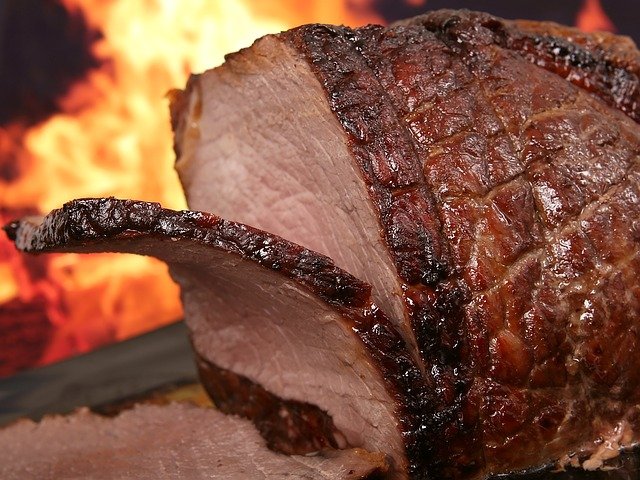Introduction
When it comes to burgers, many people wonder about the nutritional content, particularly the amount of protein they provide. Protein is an essential macronutrient that plays a crucial role in building and repairing tissues, supporting immune function, and maintaining overall health. In this article, we will dive deeper into the topic and explore how much protein is typically found in a burger.
Protein Content in Different Types of Burgers
The protein content in a burger can vary depending on various factors, such as the type of meat used, the size of the patty, and any additional ingredients or toppings. Let’s take a look at the protein content in different types of burgers:
Beef Burger: A typical beef burger patty, weighing around 4 ounces (113 grams), contains approximately 20-25 grams of protein. This protein content can vary slightly depending on the leanness of the beef used.
Chicken Burger: A chicken burger patty, weighing around 4 ounces (113 grams), generally provides around 25-30 grams of protein. Chicken is often considered a leaner meat option compared to beef, which can contribute to a slightly higher protein content.
Turkey Burger: A turkey burger patty, weighing around 4 ounces (113 grams), typically contains approximately 20-25 grams of protein. Similar to chicken, turkey is a lean meat choice that offers a good amount of protein.
Veggie Burger: The protein content in veggie burgers can vary significantly depending on the ingredients used. While some veggie burgers are primarily made from plant-based protein sources like beans, lentils, or soy, others may contain a higher proportion of grains or vegetables. On average, a veggie burger patty can provide around 10-15 grams of protein.
It’s important to note that these values are approximate and can vary based on the specific recipe and brand of burger you choose.
Factors Affecting Protein Content
Several factors can influence the protein content in a burger:
Meat Quality: The quality and cut of meat used in a burger can impact its protein content. Leaner cuts of meat generally provide a higher protein content compared to fattier cuts.
Patty Size: The size of the patty affects the protein content. Larger patties will naturally contain more protein than smaller ones.
Additional Ingredients: Toppings and condiments added to a burger may contribute a small amount of protein. However, the primary source of protein in a burger comes from the patty itself.
Conclusion
The protein content in a burger can vary depending on factors such as the type of meat used, patty size, and additional ingredients. On average, a beef burger patty provides around 20-25 grams of protein, while chicken and turkey burgers offer slightly higher amounts. Veggie burgers typically contain around 10-15 grams of protein. It’s important to consider these values when looking to meet your daily protein requirements.
References
– Mayo Clinic: mayoclinic.org
– USDA FoodData Central: fdc.nal.usda.gov












